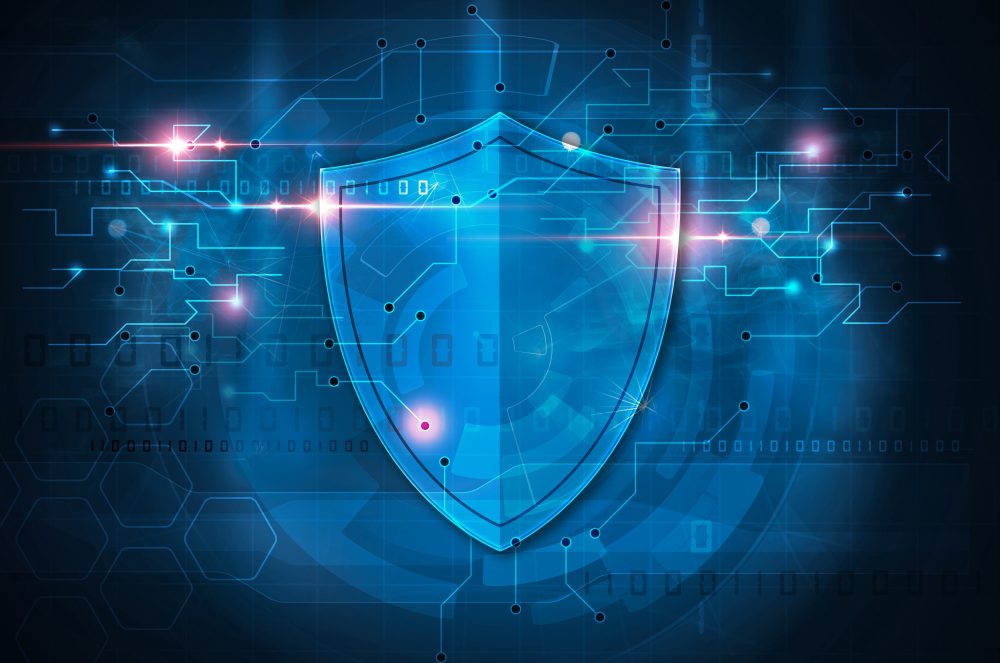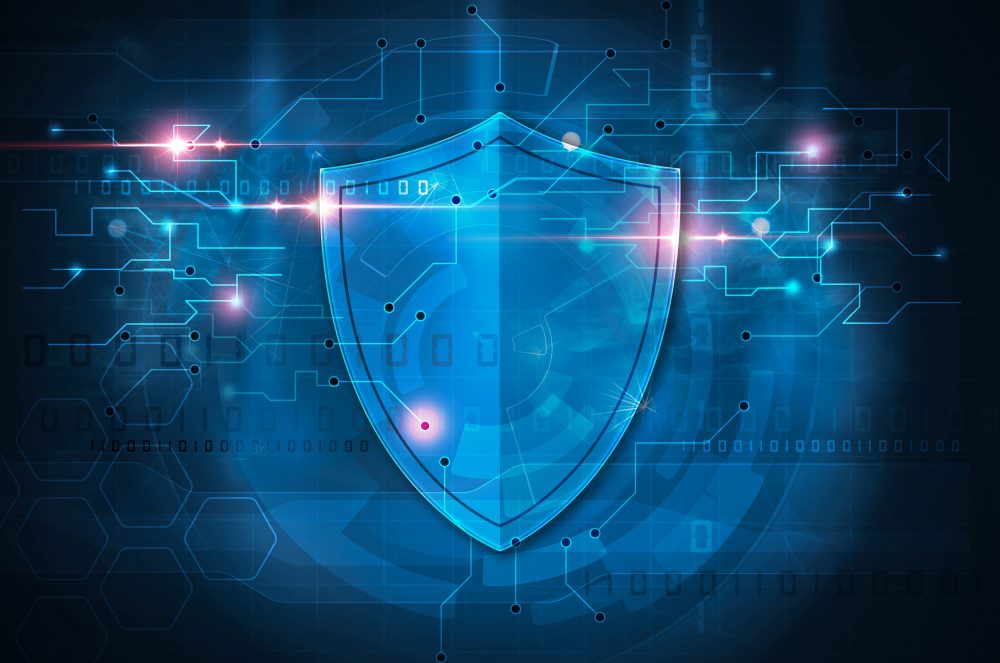
In today’s digital age, our computers have become an integral part of our lives. Whether it’s for work, communication, entertainment, or online shopping, we rely heavily on our computers. However, with this increased reliance on technology comes the risk of encountering viruses and malware that can wreak havoc on our systems and compromise our sensitive information. To keep your computer safe from viruses, follow these essential tips.

Install Antivirus Software:
The first and most crucial step in computer security is to install reputable antivirus software. These programs are designed to detect and remove viruses, malware, and other threats. Ensure that your antivirus software is up to date, and set it to perform regular scans of your computer. Many antivirus programs also offer real-time protection. This can help prevent infections in the first place.
Keep Your Operating System Updated:
Operating system updates often include critical security patches that address vulnerabilities that could be exploited by viruses and malware. Make sure your operating system, whether it’s Windows, macOS, or Linux, is set to automatically download and install updates. Regularly check for updates on your software and applications as well, as outdated software can be a prime target for attackers.
Use a Firewall:
A firewall acts as a barrier between your computer and potential threats from the internet. Most operating systems come with built-in firewalls that you can enable. Additionally, consider using a hardware firewall if you have a home network. Firewalls help block unauthorized access to your computer and are a valuable layer of protection.
Be Cautious with Email:
Email is a common vector for virus and malware distribution. Be cautious when opening email attachments or clicking on links. Especially if they come from unknown or suspicious sources. Many viruses are spread through phishing emails that mimic trusted organizations. Use an email filter or spam filter to help weed out potentially harmful emails.
Download Software from Trusted Sources:
When downloading software or apps, only download them from reputable sources. Avoid downloading software from third-party websites, as these can sometimes bundle malware with legitimate programs. Stick to official app stores or the official websites of the software you need.
Use Strong Passwords:
Protect your computer and online accounts with strong, unique passwords. A strong password typically includes a combination of upper and lower case letters, numbers, and special characters. Consider using a password manager to generate and store complex passwords securely.
Enable Two-Factor Authentication (2FA):
Two-factor authentication adds an extra layer of security to your online accounts. Even if someone obtains your password, they won’t be able to access your accounts without the second authentication factor, which is often a code sent to your mobile device. Enable 2FA wherever possible, especially for important accounts like email, banking, and social media.
Regularly Back Up Your Data:
In case your computer does become infected with a virus, having up-to-date backups of your data is crucial. Regularly back up your files to an external hard drive or a cloud-based service. This way you can restore your data without paying a ransom or losing important information.
Educate Yourself:
One of the best defenses against viruses and malware is knowledge. Stay informed about the latest threats and scams by following technology news and security blogs. Being aware of these common tactics used by cybercriminals can help you avoid falling victim to their schemes.
Be Wary of Pop-Ups and Advertisements:
Avoid clicking on pop-up ads or advertisements that promise free downloads or other enticing offers. These can often lead to malicious websites or initiate downloads of harmful software.
In conclusion, keeping your computer safe from viruses requires a combination of proactive measures and vigilant habits. By following these tips on keeping your computer safe from viruses, you can significantly reduce the risk of virus infections and protect your digital life from potential threats. Contact us at PC Geeks if you’re in need of a virus removal today. Remember that computer security is an ongoing process, so stay vigilant and keep your defenses up to date.






